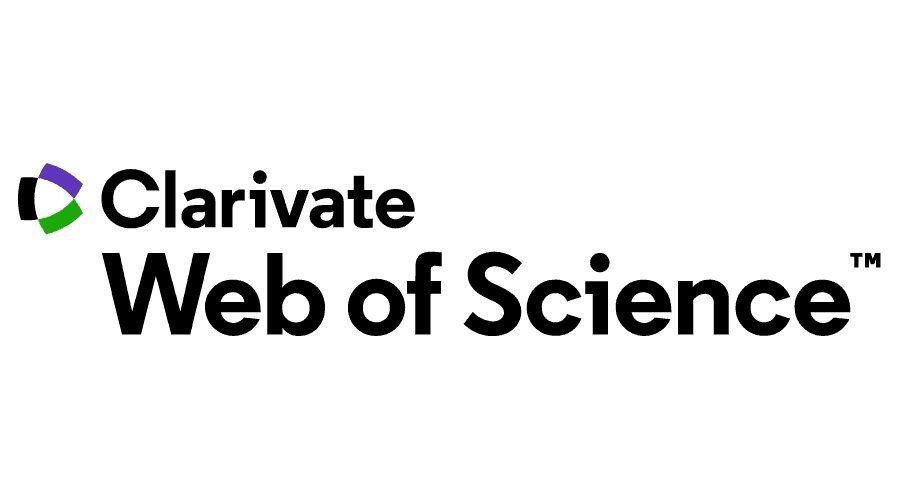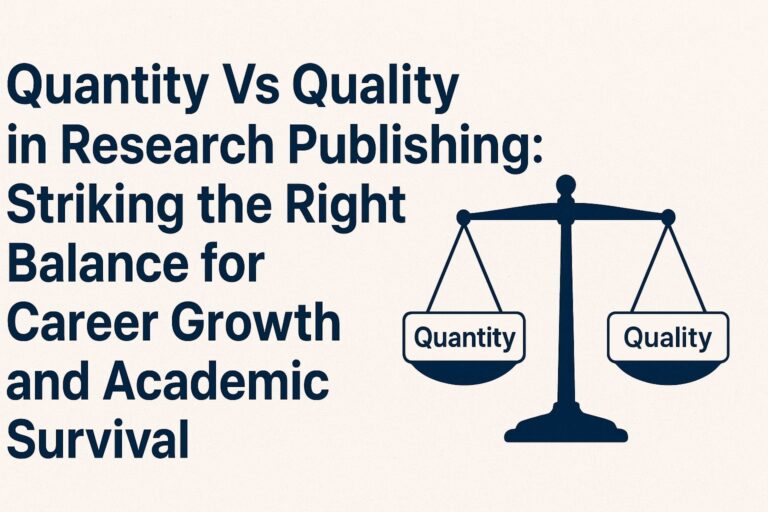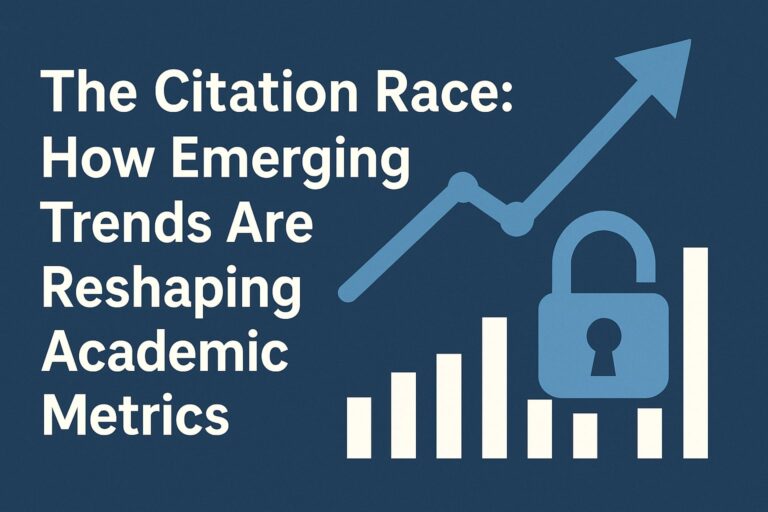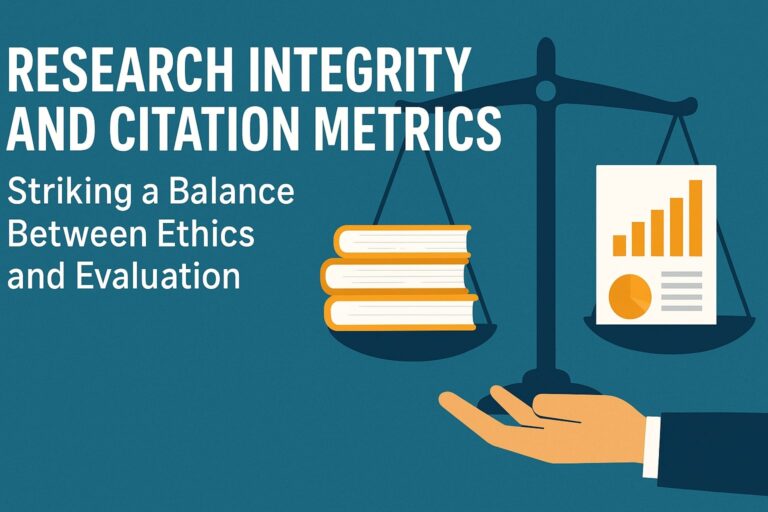
Rakesh Bhutiani
Dr. Rakesh Bhutiani is a remarkable educator and researcher affiliated with the discipline of environmental science. He is passionate about solving environmental problems and has done extensive research, publishing more than 135 papers in national and international journals of repute. Dr. Bhutiani is well versed in limnology, water and waste water treatment technology, conservation of renewable resources, and ecological studies. Being an educator in Gurukul Kangri (Deemed to be University), he not only teaches but also motivates his students and colleagues. His efforts in the field of environmental science have won him accolades as a pioneering environmental scientist, fundamentally changing the pace of research and teaching in this area.
Profile Introduction
Major (Dr.) Rakesh Bhutiani
Associate Professor
Department of Zoology and Environmental Science, Gurukula Kangri (Deemed to be University) Haridwar, Uttarakhand, India, 249404
Associate NCC Office (ANO)
31 Uttarakhand Battalion NCC, Haridwar, Uttarakhand, India
Personal Information
Current Thrust Areas
Blog
-
Quantity vs Quality in Research Publishing: Striking the Right Balance for Career Growth and Academic Survival (2026)
In today’s competitive academic landscape, researchers face constant pressure to publish more while maintaining scholarly rigor, intensifying the quantity vs quality dilemma in research publishing. The “publish or perish” culture often rewards quantity, sometimes at the cost of research quality, originality, and ethical standards. This blog explores the ongoing quantity vs quality debate, highlighting how both influence career growth, recognition, and long-term academic survival. It also discusses the risks of metric-driven evaluations and emphasizes the need for a balanced approach that values impactful, responsible, and sustainable research practices.
-
The Citation Race: How emerging trends are reshaping academic metrics : Progress, pitfalls, and insights (2026)
In an era where data drives decisions, academic success is often distilled into numbers—citations, impact factors, and h-indexes. Yet, the landscape of research evaluation is rapidly evolving. The Citation Race: How Emerging Trends Are Reshaping Academic Metrics explores how open access publishing, digital scholarship, and alternative metrics (altmetrics) are transforming the ways in which scholarly impact is measured and valued. As academia moves beyond traditional citation counts toward more inclusive and multidimensional indicators, this shift raises critical questions about fairness, accessibility, and the true meaning of research
-
Research Integrity and Citation Metrics: Striking a Balance Between Ethics and Evaluation(2025)
In the modern research landscape, the pursuit of recognition often runs parallel to the pursuit of truth. Citation metrics, once designed to measure scholarly impact, now heavily influence hiring, funding, and promotion decisions. Yet, as numerical evaluations gain dominance, the essence of research integrity risks being overshadowed. This blog explores the delicate balance between ethical scholarship and metric-based assessment, questioning whether the drive for higher impact factors and h-indices is compromising the authenticity and transparency of academic work. It calls for a rethinking of how we evaluate excellence—anchoring integrity at the core of research evaluation.
References
Prof. D. R. Khanna
Former Head – Dept. of Zoology and Environmental Sciences, Gurukula Kangri (Deemed to be University), Haridwar
Email: [email protected]
Phone: +91-9897020147
Prof. Jaswant Singh
Head – Dept. of Environmental Sciences, R.M.L. Awadh University, Faizabad
Email: [email protected]
Phone: +91-9415717168
Prof. N. K. Agarwal
Deptt. of Zoology, H.N.B. Garhwal University, Srinagar, Garhwal
Email: [email protected]
Phone: +91-9412987440










